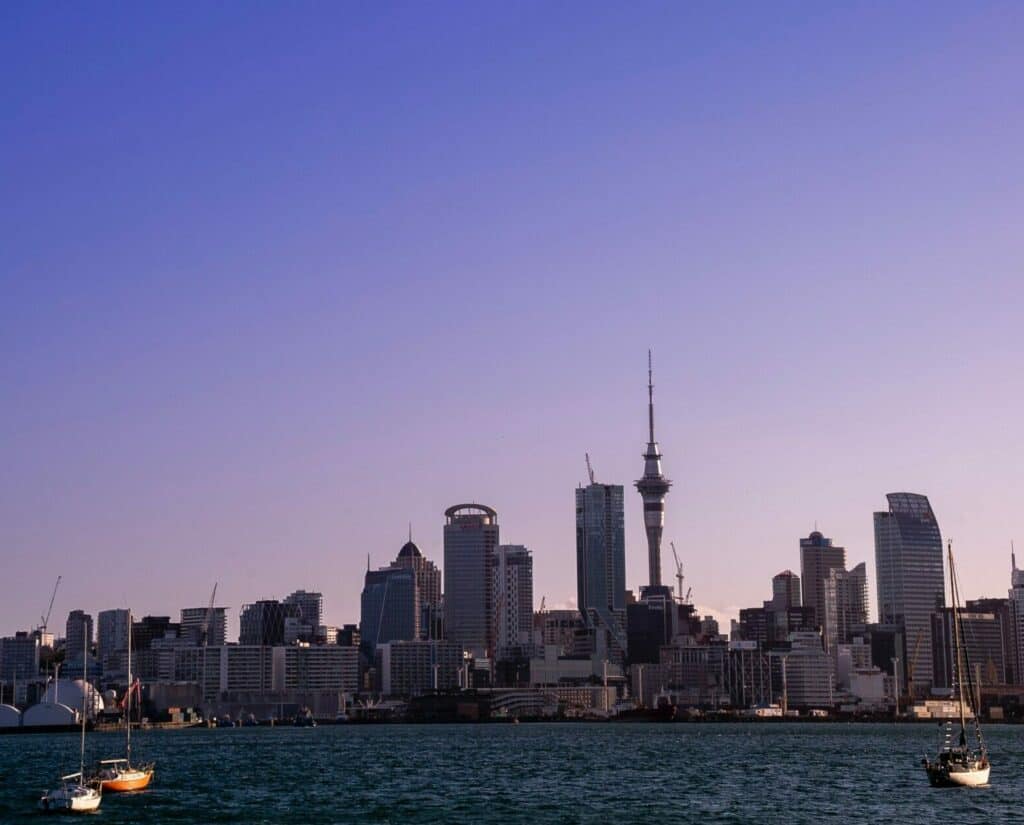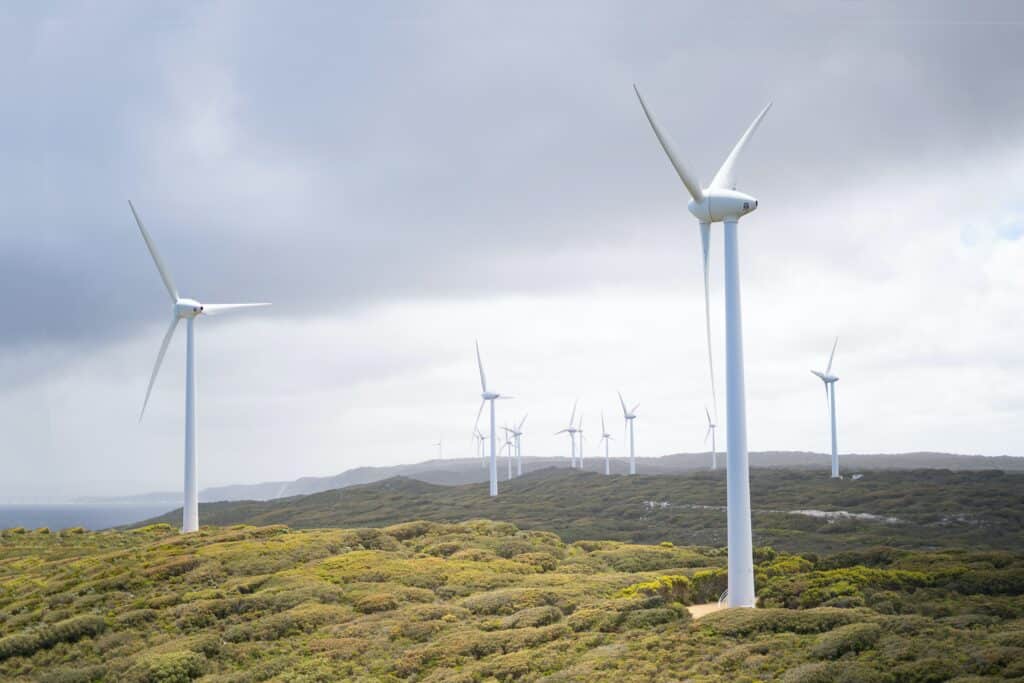- AUCKLAND
- +64 9 909 5810
- +64 21 537 333
Corina Comendant is an economist with experience in environmental economics, energy policy and regulatory reform.
She advises public authorities on policy interventions to achieve cost-effective emissions mitigation and minimisation of environmental degradation. She has advised on the design of the NZ ETS auctioning system, has prepared submissions on New Zealand carbon budgets and emissions reduction plans, estimated marginal abatement costs to inform local emissions plans, and provided sectoral analysis to inform policy making, such as a cost-benefit analysis of distributed energy resources, or the impact of resource consenting delays on the deployment of low-carbon infrastructure.
Corina also works with private entities to develop emissions reduction roadmaps, model the financial costs of de-carbonisation, and estimate the environmental impacts from regulatory decisions.
Before Sapere, Corina conducted research for the Grantham Institute on Climate Change and the Environment at the London School of Economics (LSE GRI), where she focused on environmental and energy policies, EU ETS reform, and the impact of the low-carbon transition on financial markets.
Specialisations
Expertise
- Economic and market analysis
- Financial modelling
- Regulatory and cost benefit analysis
Industries
- Climate and environment
- Economic development
- Energy and decarbonisation
- Infrastructure and transport
- Primary industries and biosecurity
- Public sector policy and finance

Qualifications & accolades
- MSc Environmental Technology, Environmental Economics and Policy option, Imperial College London, 2013
- BA Economics, Harvard University, 2004
Recent work highlights include:
- Assessment of New Zealand’s consenting system to deliver on climate-critical infrastructure needs
- Cost-benefit analyses: e.g.. of mandatory waste minimisation plans, distributed energy resources, community recycling schemes
- Assessment of the carbon footprint of fibre compared to other fixed broadband options in New Zealand
- Development of pre-election briefing papers prioritising climate change priorities for incoming governments
- Development of the economic case and roadmap for accelerating R&D investment in solutions aimed at reducing biogenic methane emissions in New Zealand
- Development of an emissions reduction roadmap for NZ heavy freight
- Modelling of cost-effective emissions reduction roadmaps aligned with Science-Based Targets Initiative (SBTi)
- Modelling biofuel uptake scenarios and possible emissions reductions in NZ transport
- Marginal abatement cost estimations to inform technology investment prioritisation
- Assessment of hydro contribution to NZ climate change policy and emissions reduction
- Advice on the development of the NZ Green Investment Fund, including on setting thresholds for investment in target sectors, and on environmental performance and reporting.
Case studies
In this report we explore biofuel uptake scenarios for New Zealand, with a focus on life-cycle emissions of biofuels by source and technology, infrastructure requirements and possible market development.

- Client: Sustainable Business Network

- Client: Chorus

- Client: Te Waihanga / New Zealand Infrastructure Commission